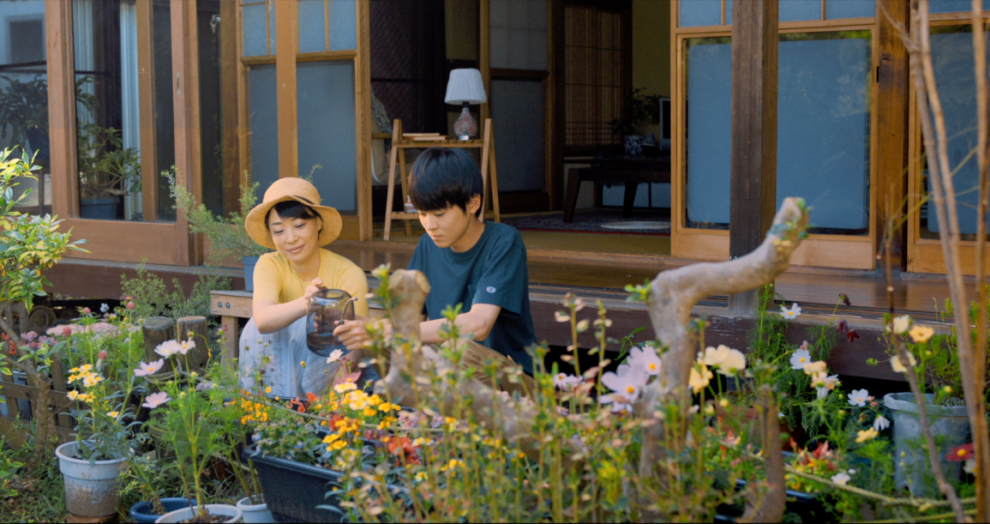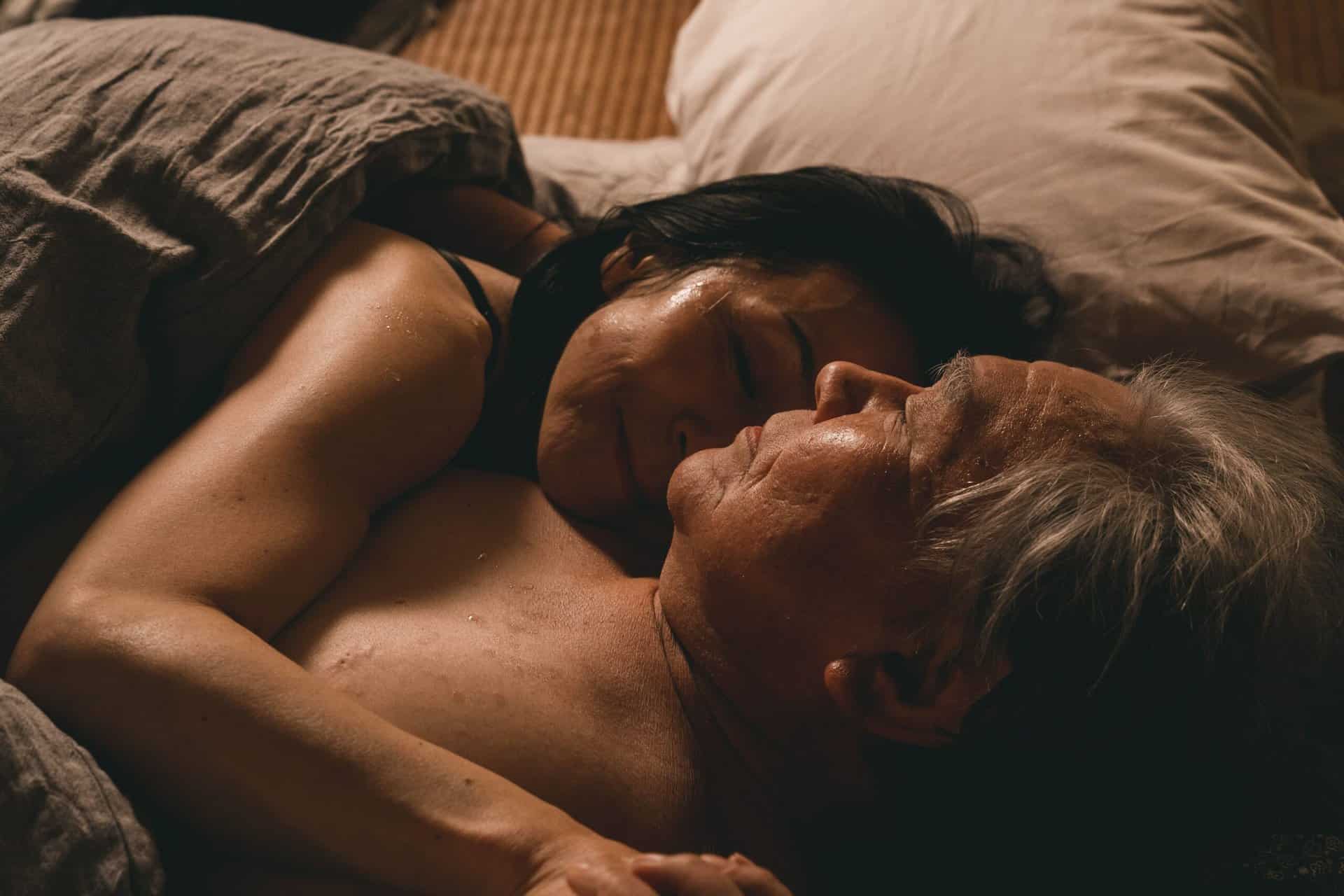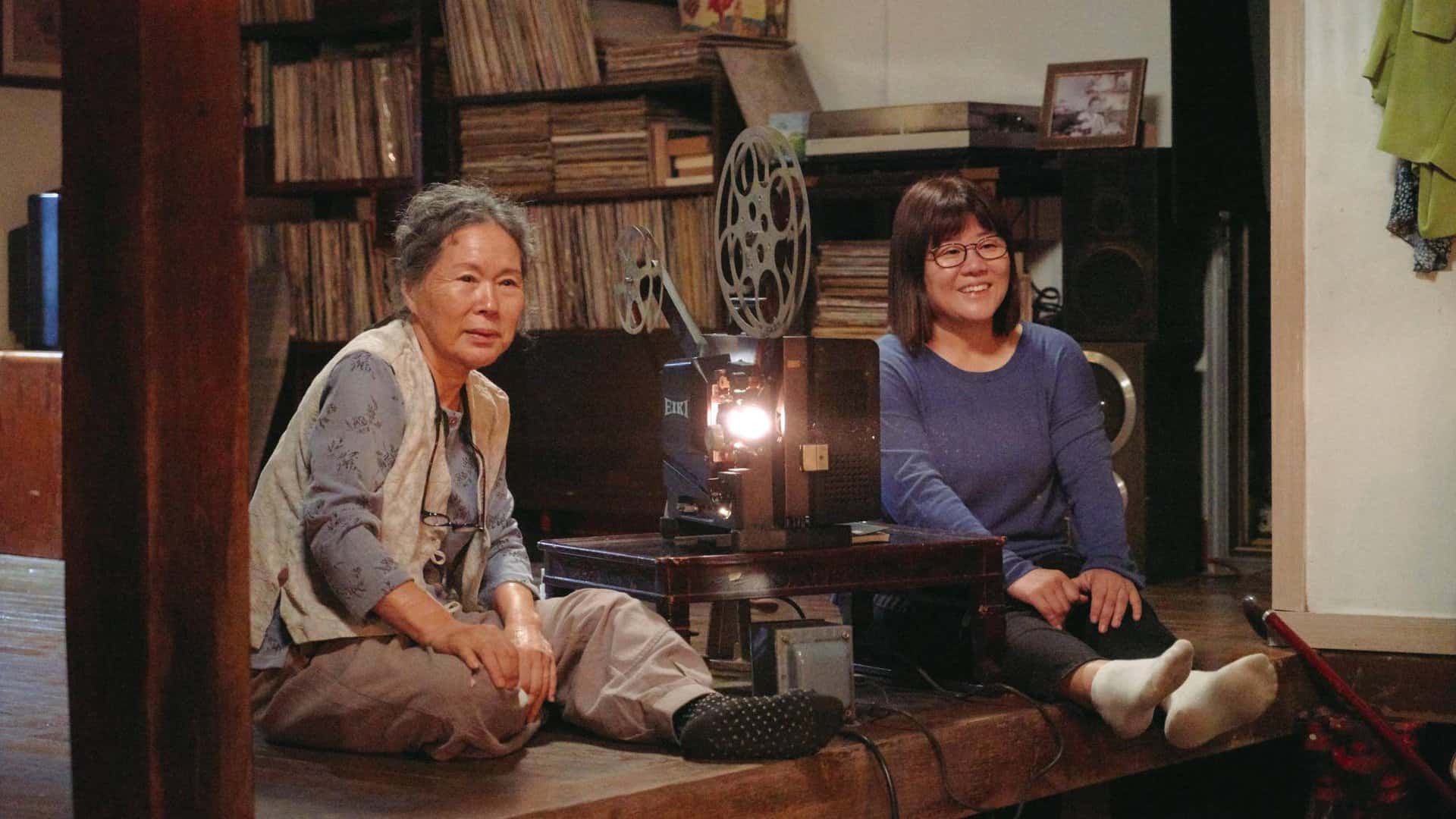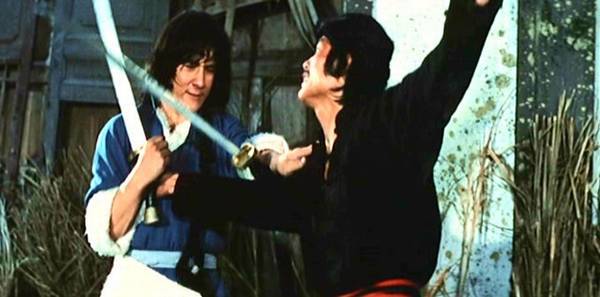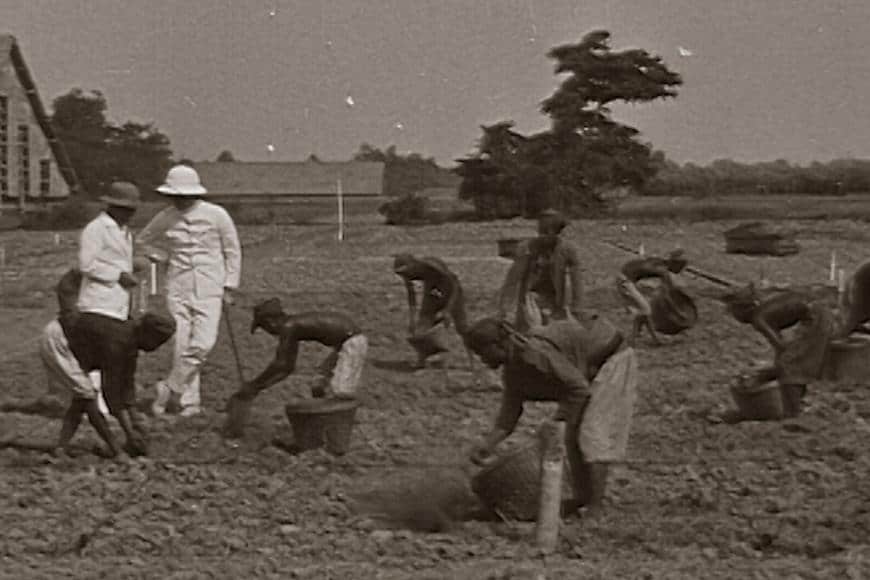In the plethora of family dramas coming out of Japan, it is always a pleasure to see films that manage to stray away from the “Koreeda path” even if this applies just to a few details. Tatsuro Nishikawa, in his feature debut/graduation film, attempts to do just that by including a number of additional elements, most of which revolve around the protagonist and a sense of quirky humor that permeates large parts of the movie.
The Other Home is screening at Camera Japan
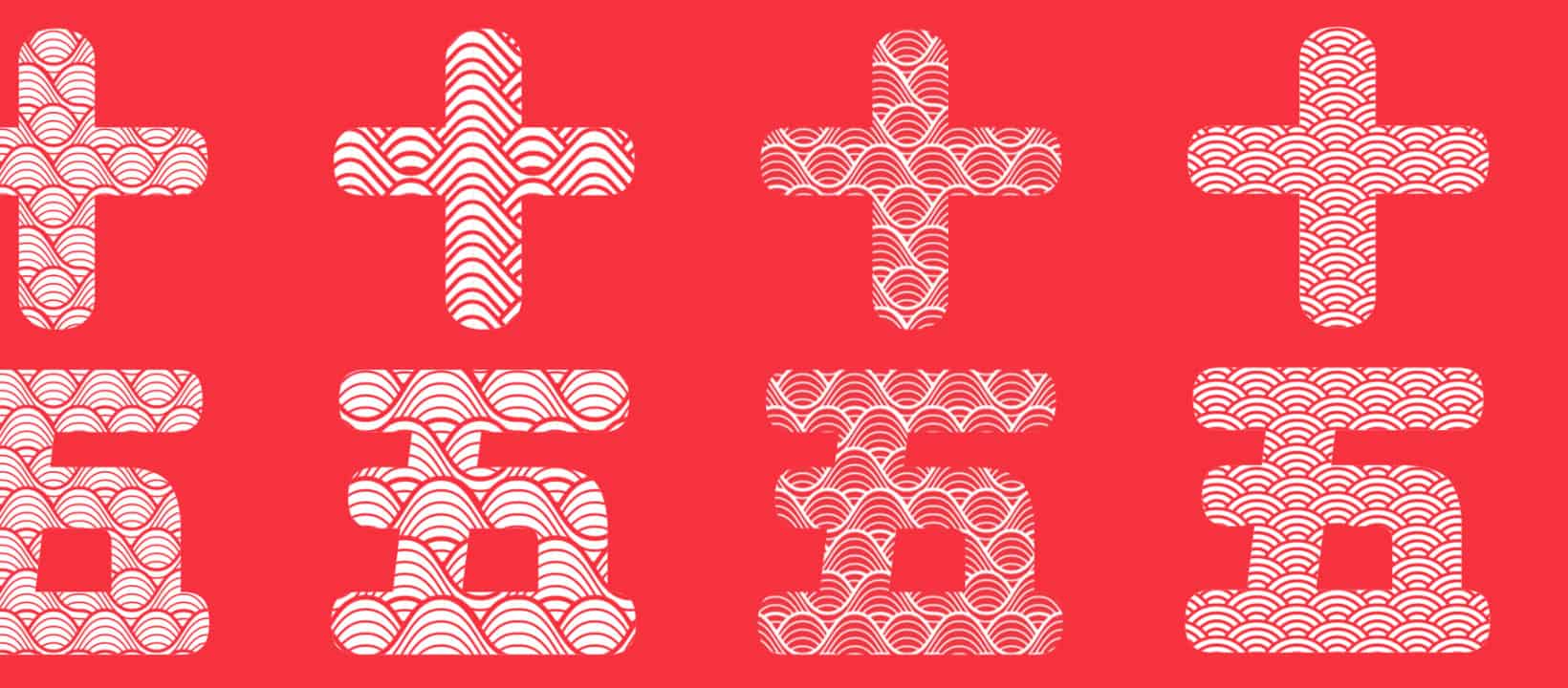
17-year-old Hagi is a conflicting personality. His family situation is quite good, as his parents get along quite nicely, to the point that there are never any fights at home, his relationship with his sister is harmonic and he also has a girlfriend, although she is a bit disappointed with him. However, a few things are amiss. Hagi does not want to go to school, since he feels he can learn more by experiencing life, with his opinion becoming even more intense when the faculty decides to disband the fishing club he and his friend had founded, because they have never actually gone fishing. Furthermore, he cannot ride a bike still, as he is reluctant to try new things, an attitude that makes his girlfriend consider him immature. Despite these “glitches”, Hagi's life runs smoothly, until he finds out that his father, Yoshiro, has been in an extramarital relationship with Ms Toko for years, even paying for a house for her to live in. If that was not enough, the father wants his son to help him get her out of the house as the lease expires and he does not want to renew it. Hagi goes on to do his father's deed, but soon finds himself spending more and more time with Yoshiro's mistress. Mr Chiba, a local fisherman, eventually starts playing a role in the boy's life also.
Tatsuro Nishikawa directs a movie that lingers between the family drama and the coming-of-age film, that also presents a frequent motif of contemporary Japanese cinema: the accusation of the previous generation for the issues the current one is experiencing. Nishikawa's approach to this theme, however, is rather pointy, as mirrored in Yoshiro, who is depicted as a man highly immature, almost without any kind of will, and one who even stoops as low as to ask his teenage son to solve his problems for him, not to mention the fact that he has been lying to his family for years. Toru Kizu gives a very convincing performance in the role of a man who could be perceived as despicable but is so timid and hopeless, that he ends up being likeable.
Nishikawa seems to state that all the faults Hagi is exhibiting derive from his father's lack of guidance and his struggle to find his place in a world no one has explained to him how it works. The fact that no one ever taught him how to ride a bike, a concept that is always associated with parents guiding their children, highlights that fact even more. On a secondary level, the same applies to his mother, Naoko, who focuses on helping her children by doing all the chores in the house (cooking, laundering etc) but seems to have no effect on the way they shape their character, apart maybe, from their calmness.
This gap, somewhat surprisingly, is filled by Ms Toko, and on a secondary level, by Mr Chiba, both of which function more as parents than his actual ones ever did, actually teaching him by speaking openly about themselves, something his parents never did. The fact that Hagi soon finds himself spending more and more time at their house, and away from his family's highlights this even more. The connection that is formed between the two benefits the most by the acting of Mai Otani as Ms Toko and Ayumu Mochizuki as Hagi, with the chemistry the two exhibit being one of the best parts of the narrative. Also of interest is the way the former presents the realization that her affair with Yoshiro is not exactly noble, a disillusionment that is a major part of her character, which Otani, once more, depicts in excellent fashion. This part also benefits much by Nishikawa's approach to her character, as he presents her as a distinct “woman”, particularly the way she handles her femininity, in contrast to Naoko, who has forgotten her role as a woman in order to be a “wife” and a “mother”. Mana Minamihisamatsu is quite good in the part, despite her relatively small part.
Another important element of the narrative is the way Nishikawa implements humor, with the quirkiness that permeates this aspect working quite well for the movie. The scenes in the teacher's office, Hagi confronting his father and the first time he appears at Ms Toko's house are the highlights of this approach. Denden's presence as Mr Chiba also moves towards the same path, with him emitting a sense of hilarity despite the fact that his character is mostly serious in the film.
As time passes though, the inevitable drama eventually comes to the fore, with the two scenes of confrontations being the main mediums. This balance that Nishikawa manages to keep between the serious and the comedic is another of the film's biggest traits, and one of the most significant reasons the movie is so easy to watch, along with the (finally) ideal duration (82 minutes).
Nishikawa has not managed to stray away from the rules of the family drama completely, and the film actually looks and unfolds much like the plethora of entries in the category, with the focus on realism, the lack of action and the slow pace. However, there are enough elements here for “The Other Home” to stand out, while Nishikawa shows great promise, considering this is just his first feature.


